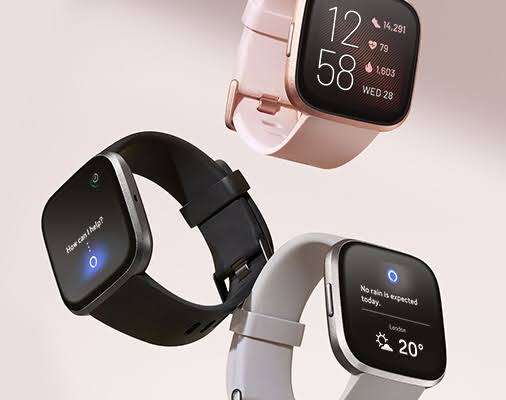
Google is purchasing wearables creator Fitbit for $2.1 billion in cash, a strong move by the internet giant to help its abilities in the nascent market for wearable technology even as it faces serious administrative scrutiny over its huge trove of personal information.
The $7.35 per-share price that Google is paying represents a premium of over 70% from where Fitbit’s stock was trading earlier this week before reports of deal talks leaked.
The purpose behind the acquisition is basic: Google wants a stronger foothold in the wearables industry, which is commanded by Apple’s Watch and Fitbit’s different gadgets. Despite the fact that Google was one of the first organizations to perceive the capability of wearable technology, it has failed to build up a hit product.
In the meantime, Apple’s wearables, home, and accessories business unit, which incorporates its Apple Watch and AirPods, detailed 54% revenue development in its latest quarter, with $6.5 billion in sales.
“Over the years, Google has made progress with partners in this space with Wear OS and Google Fit,” Rick Osterloh, Google’s senior vice president of devices and services, said in a blog post announcing the purchase. “But we see an opportunity to invest even more in Wear OS as well as introduce Made by Google wearable devices into the market.”
It was not promptly clear whether Google expected to keep up Fitbit’s present products and branding or whether it intends to utilize the technology that it will obtain to make a new line of Google smartwatches and different gadgets. Fitbit said in a news release that it would keep on outstanding “platform agnostic” crosswise over both Google’s Android and Apple’s iOS.
The deal is required to shut in 2020, pending regulatory approval and other shutting conditions, Fitbit said.
Getting regulators to bless the deal may demonstrate dubiously. Google’s business practices are now under investigation by the US Department of Justice as well as by a group of 50 state attorneys general. Also, the organization, alongside Facebook and Amazon, is confronting a significant backlash by politicians and customers over its handling of consumers’ personal data.
A procurement of Fitbit would be especially sensitive in light of the fact that the gadgets track a wearer’s sleeping habits, heart rate, and other personal information.
Osterloh pledged that Google would “never sell personal information to anyone” and that Fitbit’s health and wellness information won’t be utilized for Google ads.
“We will give Fitbit users the choice to review, move or delete their data,” Osterloh wrote.
Fitbit has sold in excess of 100 million of its gadgets, a collection of smartwatches and sleek activity trackers that cost somewhere in the range of $100 and $200.
In any case, the organization’s business has battled in recent years. Fitbit’s $1.5 billion of every 2018 revenue was down 6% from the prior year, and the organization posted a $186 million net loss.
Fitbit’s stock cost has been in a relatively steady decrease for quite a long time. The organization went public back in June 2015; by February 2016, it was trading at half of its IPO value. The present stock price represents another major dropoff, and its most recent wearable has failed to remove a similar route that earlier gadgets did.
Fitbit co-founder and CEO James Park see Google’s acquisition as a means of expanding Fitbit’s reach.
“Google is an ideal partner to advance our mission,” he said. “With Google’s resources and global platform, Fitbit will be able to accelerate innovation in the wearables category, scale faster, and make health even more accessible to everyone.”
Disclaimer: The views, suggestions, and opinions expressed here are the sole responsibility of the experts. No Open Headline journalist was involved in the writing and production of this article.
